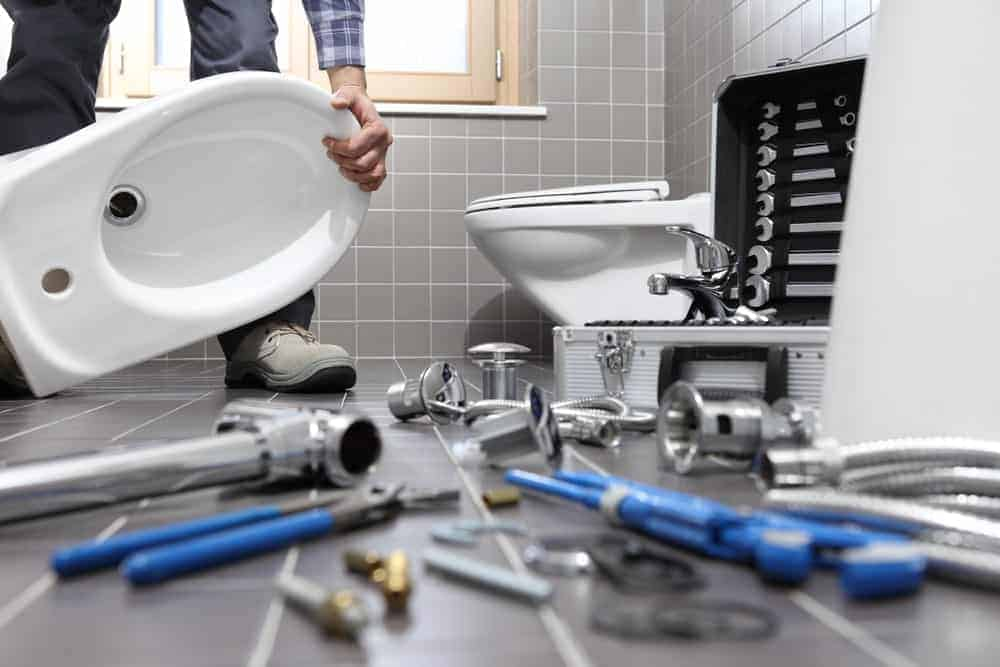Why DIY Plumbing Fixes Can Make Emergencies Worse?
DIY plumbing fixes can seem like a cost-effective and convenient solution to household water issues, but they often carry risks that can exacerbate emergencies rather than resolve them. Many homeowners, driven by a desire to save money or tackle small problems independently, may attempt to fix leaky pipes, clogged drains, or faulty fixtures without fully understanding the complexity of the plumbing system or the specific problem at hand. This well-intentioned approach can lead to a series of unintended consequences that may worsen the situation. One of the primary issues with DIY plumbing is the lack of expertise and experience that most homeowners have. Plumbing systems are intricate networks of pipes, valves, and fixtures that require a thorough understanding of their operation to repair effectively. Without this knowledge, a DIY repair can easily misdiagnose the problem, leading to incorrect fixes that fail to address the underlying issue. For example, attempting to unclog a drain with a chemical cleaner without knowing the cause of the blockage might push debris further down the pipe, creating a more severe obstruction.

In addition, DIY repairs often involve the use of tools and materials that are not suited for the job. Improvised solutions, such as using duct tape to seal a leak or employing inadequate sealing compounds, can provide only temporary relief, if any, and may lead to further damage. These makeshift fixes can deteriorate over time, causing leaks or other issues to resurface and potentially leading to more significant damage to the emergency plumber in Milton Keynes and surrounding areas. For instance, a poorly executed repair might result in water damage to floors, walls, or cabinetry, necessitating costly repairs that could have been avoided with a professional approach. Another risk of DIY plumbing is the potential for creating hazardous situations. Plumbing systems often involve working with pressurized water, which can cause dangerous situations if mishandled. Incorrectly sealing a pipe or failing to properly turn off the water supply before starting a repair can lead to sudden, uncontrolled leaks or bursts, resulting in flooding and damage to the property. Additionally, improper handling of tools and materials can pose safety risks, such as injuries from sharp objects or exposure to harmful chemicals.
Moreover, DIY fixes can sometimes lead to code violations. Plumbing work is subject to local building codes and regulations designed to ensure safety and functionality. Amateur repairs that do not adhere to these standards may not only fail to address the problem but can also result in legal and financial repercussions if an inspection reveals non-compliance. Professional plumbers are trained to follow these codes and are aware of the latest standards, ensuring that repairs meet legal requirements and function correctly. In summary, while the desire to tackle plumbing issues on one’s own is understandable, the risks associated with DIY repairs often outweigh the potential benefits. The complexity of plumbing systems, the potential for exacerbating existing problems, the risks of hazardous situations, and the possibility of code violations make professional intervention a safer and more effective choice. By relying on experienced plumbers, homeowners can avoid further complications and ensure that their plumbing issues are resolved correctly and efficiently.